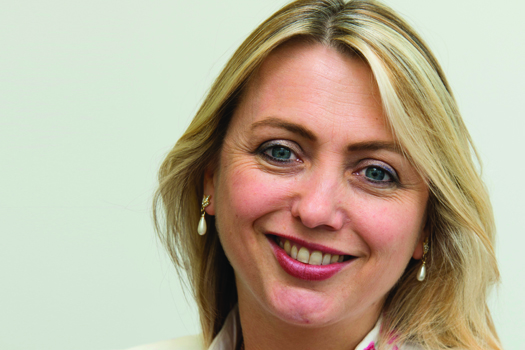Unpopular practices must be part of primary care networks as their patients still ‘deserve care’, according to RCGP chair Professor Helen Stokes-Lampard.
In a speech at the Pulse Live conference in London, Professor Stokes-Lampard told delegates that the formation of primary care networks has to include every part of England, including pariah practices.
She explained networks are simply a ‘new unit structure for moving money around’ and that practices do not have to merge or like the practices they work with, but they must form groups that represent patient populations of between 30,000 to 50,000.
She said: ‘There’s a little bit of flexibility in that. They’re talking about a hard bottom as in it would be very hard to form with smaller than 30,000, but a soft top in terms of allowing bigger groups.
‘We call them clusters, networks, federations, alliances. It doesn’t matter what they’re called. Most of it is changing the name of what you’re already doing. But in some cases, particularly if there are practices that nobody wanted to ever join with, that’s not going to be permitted.’
‘At the end of the day, the practice that nobody likes, there are patients in there that deserve care,’ she said.
‘In my own area in Litchfield, which is a small market town, we are naturally the size of two primary care networks. We’ve been working as one federation for a couple of years. So we just nominally split ourselves into Litchfield West and Litchfield East. That was the idea I heard yesterday. I think we’ll know by the end of the week,’ Professor Stokes-Lampard continued.
BMA GP Committee chair Dr Richard Vautrey previous told Pulse that while not all practices must join networks, all patients must be covered – meaning patients of practices which do not join must be covered by a local network.
Pulse recently reported that practices with 30,000 patients will receive £1 per head more than larger networks.
Additionally, NHS England said primary care networks do not have to be led by GPs, with any clinical professional being able to take charge.

















